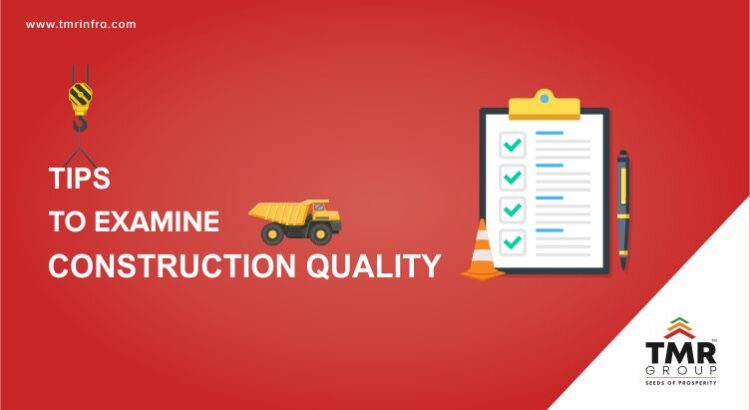Every monsoon brings us, news about collapsing roofs and walls that flood us with worries about the quality and longevity of our homes. As a home buyer, you wouldn’t buy a home that’s placed in an unsafe building. Also, as a developer, you never want to compromise on the quality of your constructions and the […]
Month: June 2022

Need for real estate appraisal!
An appraisal is necessary for every segment of businesses. It’s quite like an inspiration that boosts the performance with upgrades. Without appraisals, the performance would continue to be stagnant, substandard or below average. Productivity would take a hit and efficiency would go for a toss. As applicable as it sounds to employees in every industry, […]
